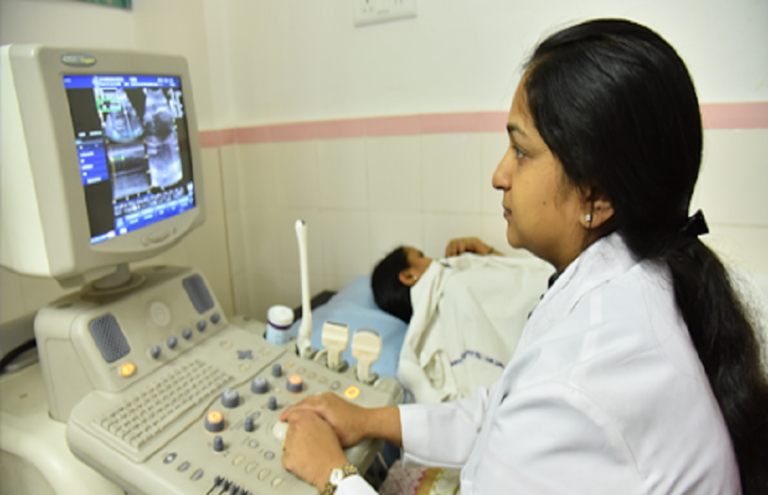
We totally agree, but what is a healthy lifestyle, in the end? A healthy lifestyle strengthens your immune system. A lifestyle that gives you enough physical and mental energy to live your life the way you want.
You will discover in these lines how to live healthier: on your plate, in your head and in terms of sport.
1. Eat at least 500 grams of vegetables and 2 fruits a day
In addition to vitamins and minerals, fruits and vegetables contain a lot of fiber. These fibers are food for the good bacteria in your gut. And did you know that your immune system is mostly in your intestines? A healthy intestinal flora creates an environment in which germs are not welcome.
Challenge yourself: could you eat more than 25 different kinds of fruits and vegetables per week? Also try “forgotten” vegetables. And eat according to the colors of the rainbow, because brightly colored vegetables (beets, red cabbage, carrots) and fruits (berries, blackberries, raspberries) are packed with antioxidants .
2. Opt for unprocessed carbs
Unrefined (unprocessed) carbohydrates are found in vegetables, fruits and whole grains. Your body absorbs these carbs slowly, which staves off your hunger for longer. Also, they contain a lot of fiber which provides support to your intestines.
Oats, rice pericarp, wholemeal pasta and bread contain unrefined carbohydrates.
White bread, white pasta and products high in sugar contain refined (processed) carbohydrates. In principle, your organization does not need it.
A good rule of thumb is the 80/20 rule, where 80% of what you eat is purely natural and unprocessed . With the remaining 20%, you treat yourself to little less natural treats…
3. Eat enough protein
Protein acts as a building material in your body and contributes to bacterial diversity in your intestines. You need .
Animal proteins are found in fish (fat), organic chicken and other poultry, beef, eggs, goat or sheep cheese.
Plant proteins are found in soy products, buckwheat, quinoa, seeds, such as hemp and chia seeds, nuts and legumes, such as lentils and peas.
4. Don’t be afraid of fat
Essential fatty acids (unsaturated) are essential for the proper functioning of your immune system. Unsaturated fatty acids are found in oils (such as olive, hemp, walnut, or safflower oil), fatty fish, seeds, and nuts. Consume foods high in saturated fatty acids, such as meat, dairy products and snacks, in moderation.
5. Drink at least 2 liters a day
Healthy drinks such as water, (herbal) tea or vegetable juice help your body eliminate waste quickly. Limit alcohol consumption: it dehydrates you and affects your immune system.
6. Don’t eat all day
Consuming sugar instantly weakens your immune system. It is therefore not wise to eat products rich in sugar all day long. If possible, limit yourself to three meals a day.
7. Set aside time for relaxation and rest
Stress is important for surviving in dangerous situations. This is why our body always gives priority to stress mechanisms. As long as your body is stressed, your immune system cannot function properly. Stress also ensures an increased consumption of vitamins and minerals, which accelerates the appearance of deficiencies.
Eliminate chronic stress intelligently with exercise and breathing techniques such as yoga, mindfulness and meditation, but also manual work or gardening. In addition, it is particularly pleasant to detach from its screens from time to time .
8. Consciously enjoy your meals
Eat calmly, mindfully, and only when you really have time. Chew food well and do not engage in complicated discussions during the meal. A relaxed meal will benefit your immune system and digestion.
9. Make your night’s sleep a priority
Aim for 7 hours of sleep per night, as an adequate night’s rest is essential for the proper functioning of the immune system. Sufficient sleep reduces stress and inflammation and has a positive effect on your metabolism and gut flora.
10. Move for at least half an hour every day
Exercise reduces chronic inflammation and boosts your immune system. All types of exercise are beneficial, including walking, cycling, gardening, tennis, and swimming.
Moderately intense daily exercise has the most beneficial effects. Extreme sports, like running a marathon, affect the immune system.






